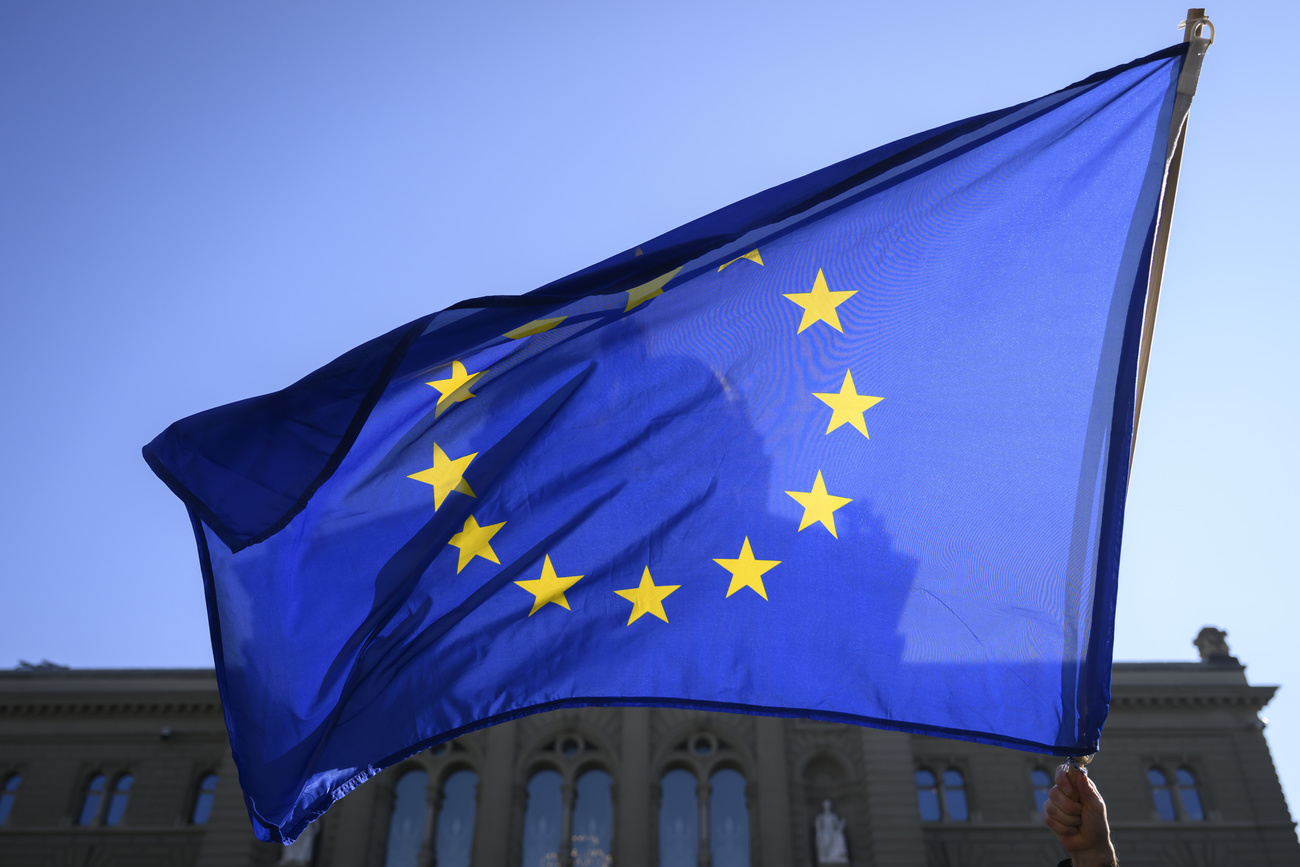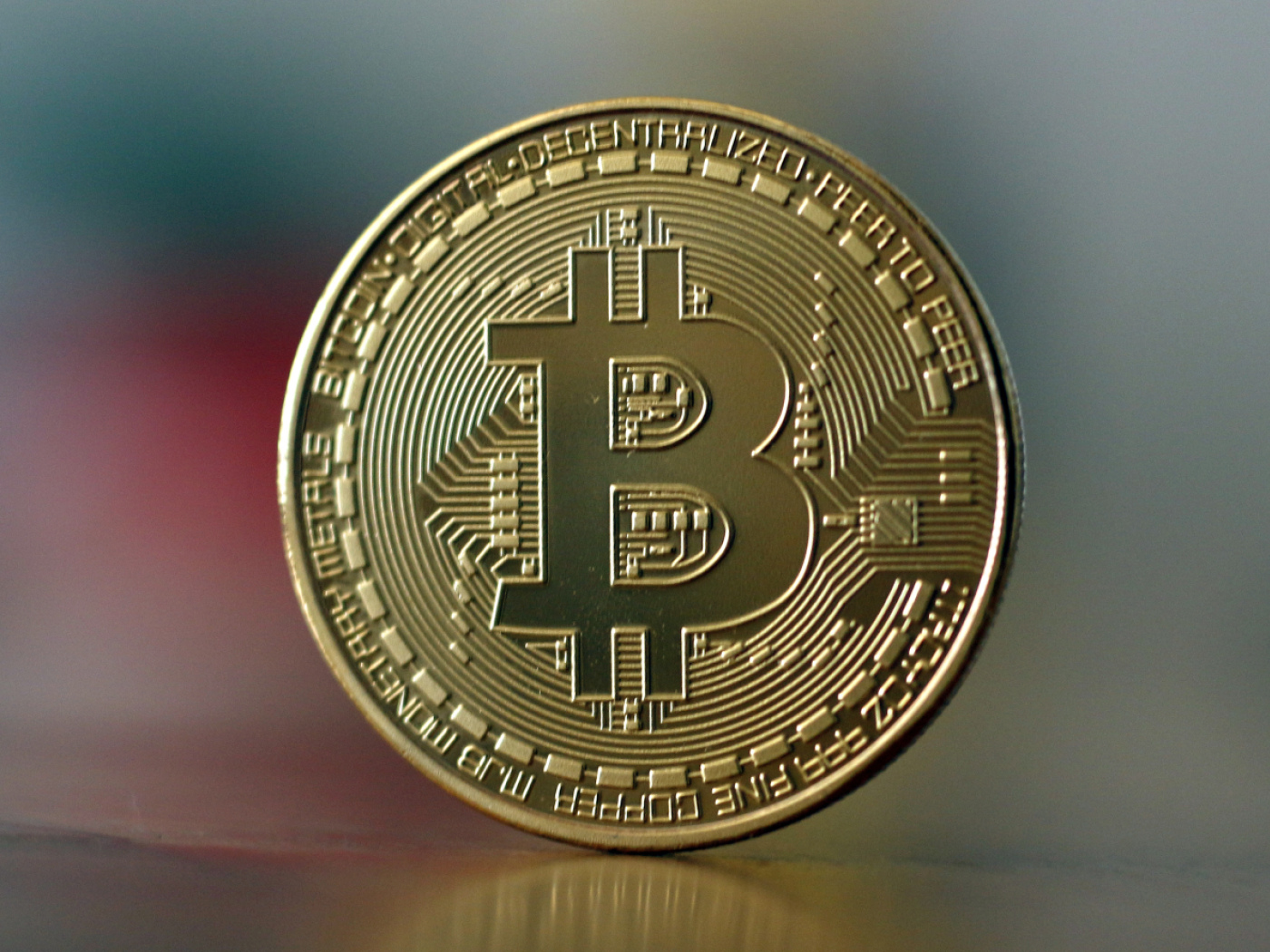
Switzerland Today
Hello from Bern,
Where on Friday, the non-Qatar-boycotters and non-football-haters are looking forward to what should be a goodgame of football tonight between Serbia and Switzerland. At stake: a place in the last 16 at the World Cup, and plenty of historical pride.

In the news: Drone delivery for Swiss army delayed, and government moots new obligation to report cyber-attacks.
- New surveillance drones ordered from Israel by the Swiss army will not be delivered until the end of 2024, SRF public radio reported today. The delay comes after various other hiccups associated with the purchase, including political criticism and the crash of one of the six intended drones intended in 2020. The price of the reconnaissance drones has risen from CHF250 million to CHF300 million.
- The government wants to impose a mandatory duty to report cyberattacks for operators of critical Swiss infrastructure, such as airports and energy grids. Parliament has been asked to amend the Information Security Act accordingly, the government said today. Switzerland has been subject to increasing volumes of cyberattacks in recent years, most of which are detected and neutralised.
- The government said today it would pay CHF20 million ($21.4 million) annually into the UN’s Palestinian refugee agency UNRWA in 2023 and 2024. Despite previously voicing concerns about UNRWA’s role in the Middle East, the government said it plays “a key role as a stabilising factor in the region”. Last month, the agency said it was heading into a financial “danger zone”.

30 years on, Swiss-EU relations still divisive, and possibly more confusing.
Almost exactly 30 years ago, Swiss voters said “no” to joining the European Economic Area (EEA), sparking a dynamic of complicated ties with Europe that continues to this day. According to a survey published on Friday however, if the same vote were to take place now, 71% of voters would say “yes”. For pro-Europe group NOMES, it’s another clear sign that the Swiss government should get its act together and come up with a credible policy to fix the shaky links with Brussels.
NOMES said Switzerland needs to have an honest debate about ties, notably to safeguard European perspectives for younger generations. The survey also shows that people are open to more ambitious European integration, NOMES said. But which type of integration? Data also recently showed that just 6.5% of Swiss youths want to join the EU – down from 60% in the 1990s. Granted, EU and EEA membership are not the same; but part of the whole problem is the dispute about whether Switzerland can enjoy the nice parts of economic integration while ignoring the hard parts of political integration.
Meanwhile, one group which has a consistently clear stance on the EU, whether you like it or not, is the Swiss People’s Party. As SWI colleague Benjamin Von Wyl writes today, the EEA vote 30 years ago “marked the start of the spectacular rise of the right-wing party, now the country’s biggest [it won 26% of support in 2019 elections]”. Three decades on, he reports from two recent party events, where the atmosphere is jubilant, and members fondly recall the EEA “no” as the milestone which set the country on its future course. Pro-EU voices from NOMES would no doubt agree with this, albeit without the fondness.

Swiss satire – not so satirical after all. Or is it?
20 Minuten reports todayExternal link that Swiss health authorities recently asked a copy-cat Twitter account to reconsider its name and description. The account, also called “Federal Health Authorities”, was “misleading”, the (real) authorities said. It was also against the lawExternal link. As a result, the fake account added the clarifying “Satire Account” to its name. Interested to see what kind of jokes the account was getting up to, this journalist however found that the recent posts are mainly strait-laced, well-meaning statements about the virus, with no hint of satire in sight. For example: “Covid can result in serious illness, for anyone in the population, regardless of age, sex or status”. Is this the new satire: to be so identical to the original that it’s indistinguishable?
More

In compliance with the JTI standards
More: SWI swissinfo.ch certified by the Journalism Trust Initiative









